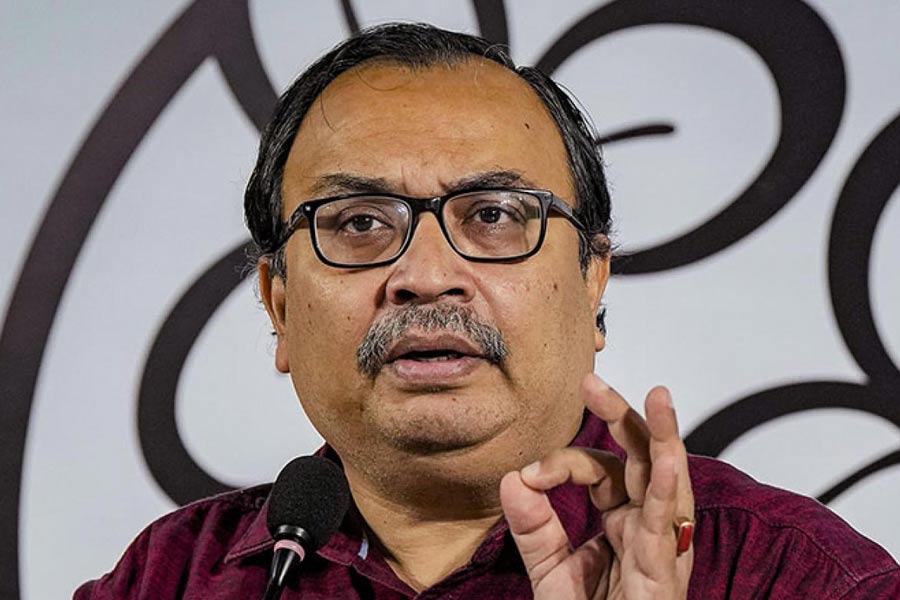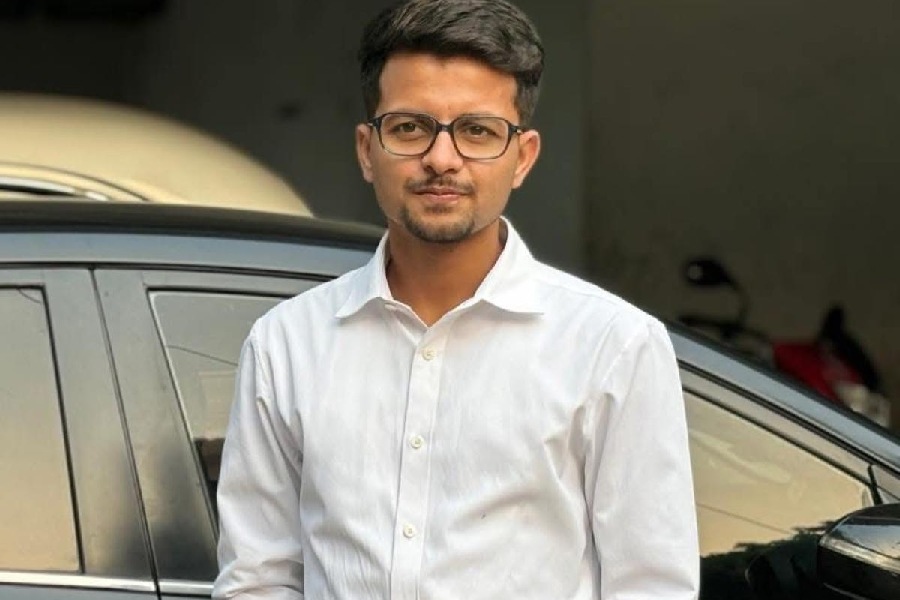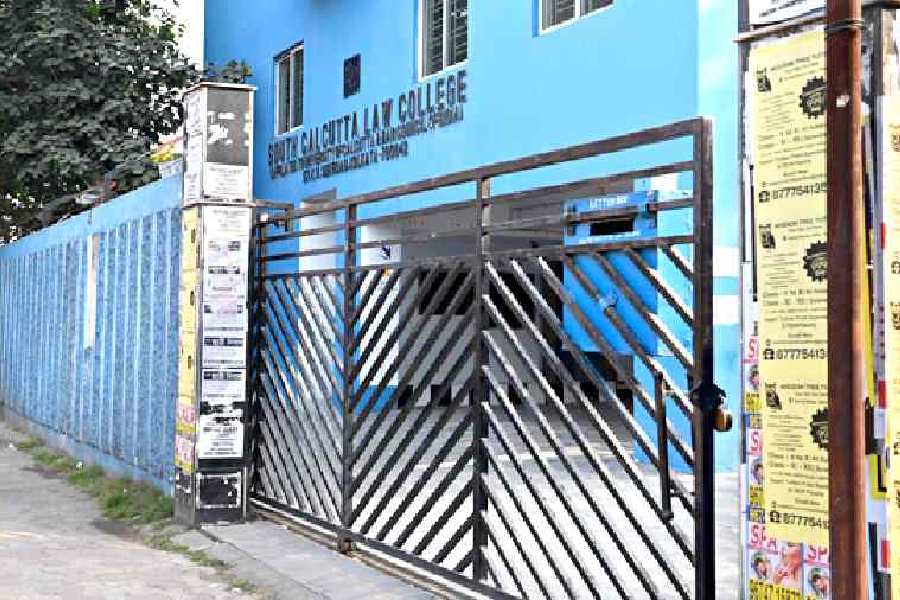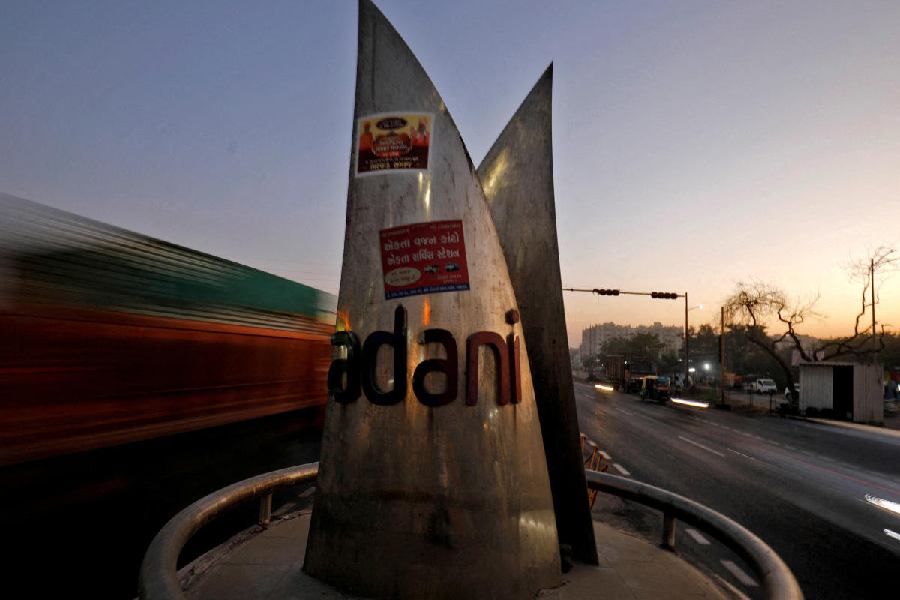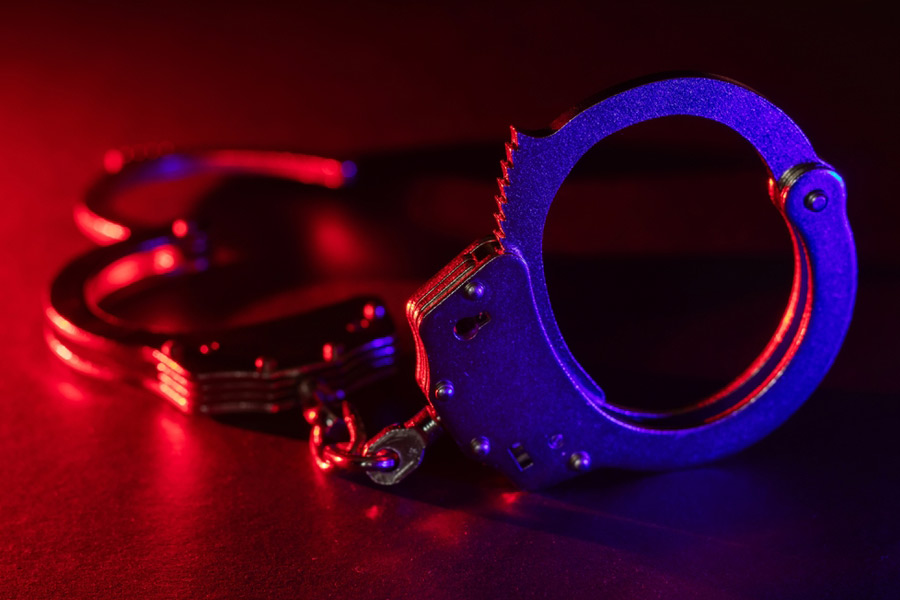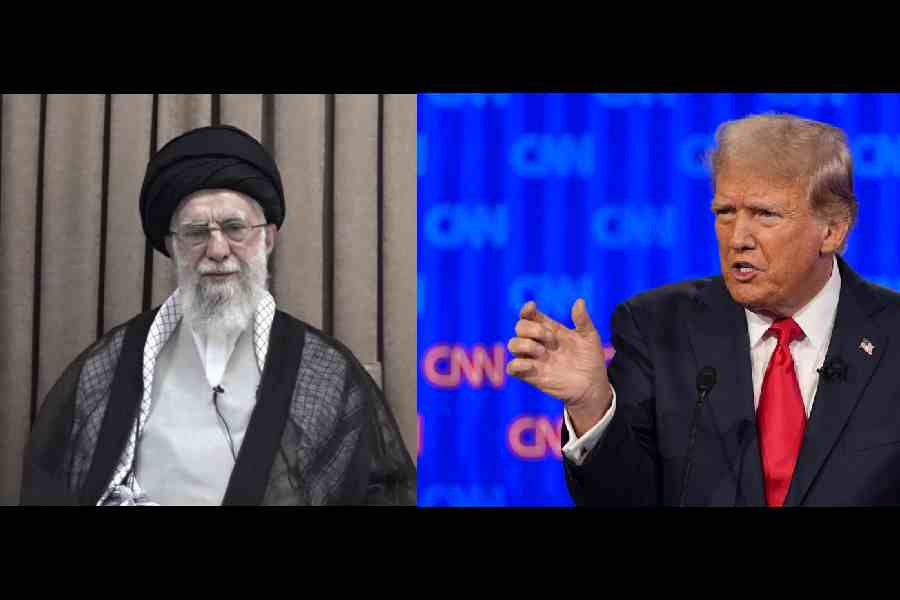
Legally speaking: Defence lawyer M.L. Sharma
British filmmaker Leslee Udwin's controversial documentary India's Daughter on the Delhi gang rape victim not only enraged a lot of people because they felt it gave a 'platform' to the rapists, but also triggered outrage against the two defence lawyers featured in the film for their shocking comments on women.
Faced with a barrage of criticism, the Bar Council of India (BCI) initiated suo motu proceedings against M.L. Sharma and A.P. Singh for 'professional misconduct'. The two lawyers represent the four persons on death row for the brutal gang rape and murder of a 23-year-old medical student in Delhi in December 2012.
In the documentary, Sharma had said, 'A 'girl' or 'woman' is more precious than a gem or a diamond. It is up to you how you want to keep that diamond in your hand. If you put your diamond on the street, certainly the dog will take it out.'
Singh had said, 'If my daughter or sister engaged in pre-marital activities and disgraced herself and allowed herself to lose face and character by doing such things, I would put petrol on her and set her on fire.'
BCI chairman Manan Kumar Mishra promptly issued a statement saying the lawyers had been issued show cause notices under the Advocates Act for their objectionable remarks, which constituted 'misconduct' on their part. He also said their licence to practice may be cancelled if the BCI is not satisfied with their response.
Last week, the Supreme Court Women Lawyers' Association too sought a bar on the entry of these two lawyers in the apex court. In its petition filed through counsel Mahalakshmi Pavani, the association rued that the comments of the lawyers have brought disrepute to the nation.
However, though the BCI's response appeased some women's groups, some feel it was 'overreaction' on its part as the lawyers had made the statements in their personal capacity. They argue that though the remarks were condemnable, the Bar Council does not have the powers to act against the lawyers or cancel their licences.
'Neither the Delhi Bar Council nor the BCI has rules that say that the personal opinion of a lawyer, however objectionable, could lead to disbarment. Though the preamble of these councils lists the general duties of a lawyer with regard to maintaining the dignity of the legal profession, no specific duty is mentioned on voicing one's personal opinion in public. So, one can file a case of defamation against a lawyer but no criminal action can be taken against him or her for a comment made in personal capacity. Such action, if carried out, will lead to censorship of the personal opinion of lawyers,' observes Apar Gupta, a Delhi-based lawyer.
Subhradipta Sarkar, assistant professor, ITM University Law School, Gurgaon, points out that though the Standards of Professional Conduct and Etiquette, framed by the BCI, lays down the duties of a lawyer to the court, client, opponent and colleagues, there is no mention of his or her duty to society at large.
Argues Sarkar, 'Even though Section 35 of the Advocates Act 1961 provides for punishment of an advocate for 'professional or other misconduct', under no circumstances can the remarks by the two lawyers be considered misconduct, professional or otherwise. According to the law, misconduct is any transgression of some established and definite rule of action, a forbidden act, unlawful or improper behaviour, willful in character, a dereliction of duty. Other misconduct may include a criminal offence in non-professional capacity. But by no stretch of the imagination, does it include personal opinion or prejudices.'
The ambiguous nature of the statute governing the conduct of lawyers also renders it ineffective, argue some. Says Siddharth Nayak, advocate, Delhi High Court, 'Given the highly ambiguous and generalised wording of the statute and the rules made thereunder, one cannot be sure if the state bar council's action will be upheld by the Delhi High Court or finally, the Supreme Court.'
So what prompted the BCI to threaten the two lawyers with disbarment? Keerthi Kiran Kota, a Supreme Court lawyer, feels it was forced to act against the lawyers as a damage control measure because of the flak the legal community was facing. 'I think the BCI felt it had to step in because as a regulatory body, it had a duty to ensure that lawyers upheld the dignity of their profession,' he says.
Most members of the legal fraternity feel the BCI has a responsibility to ensure that lawyers refrain from making irresponsible statements. 'Any utterance by a lawyer which can be deemed instigative in a socially heightened atmosphere should be a cause for concern. The Bar Council should encourage responsible behaviour,' opines Vijay S.T. Shankardass, a senior Supreme Court lawyer.
But there are others who feel that lawyers should behave responsibly because they have a duty towards society. 'Our actions and speeches have a far-reaching effect in society because both the bar and the bench are subjected to social audit,' holds Kallol Basu, lawyer, Calcutta High Court.
Notes Yashomati Ghosh, assistant professor, National Law School of India University, Bangalore, 'The ethical and moral standards of a lawyer tend to be different from a common man. On the one hand lawyers are required to uphold the interest of their clients; on the other, they have an equally important responsibility towards the court and society as they are the upholders of Constitutional values and the rule of law in society.'
In Sanjiv Datta and Ors vs Unknown in 1995, the Supreme Court remarked on the nobility of the profession. 'The legal profession is different from other professions in that what the lawyers do affects not only an individual but the administration of justice which is the foundation of the civilised society... The lawyer has to conduct himself as a model for others both in his professional and in his private and public life,' it said.
Ghosh adds that though the right to free speech is enshrined in Article 19 of the Constitution, it does not allow any person, including a lawyer, to make sexist statements. 'Moreover, Article 51A(e) renounces practices derogatory to the dignity of women,' she says.
At this point one does not know if M.L. Sharma and A.P. Singh will face any real disciplinary action or will be merely admonished for their comments. Perhaps a more substantive step would be to carry out gender sensitisation programmes amongst the legal community. 'In every law school faculty members should be made aware of the impact of our laws and judicial decisions on the rights of women, children, old people and other minority sections so that law students can become sensitive lawyers of the future and practice law in an ethical manner,' she says.
Of course, irate feminists will be pacified only if Sharma and Singh are suitably punished for their shocking comments on women.


